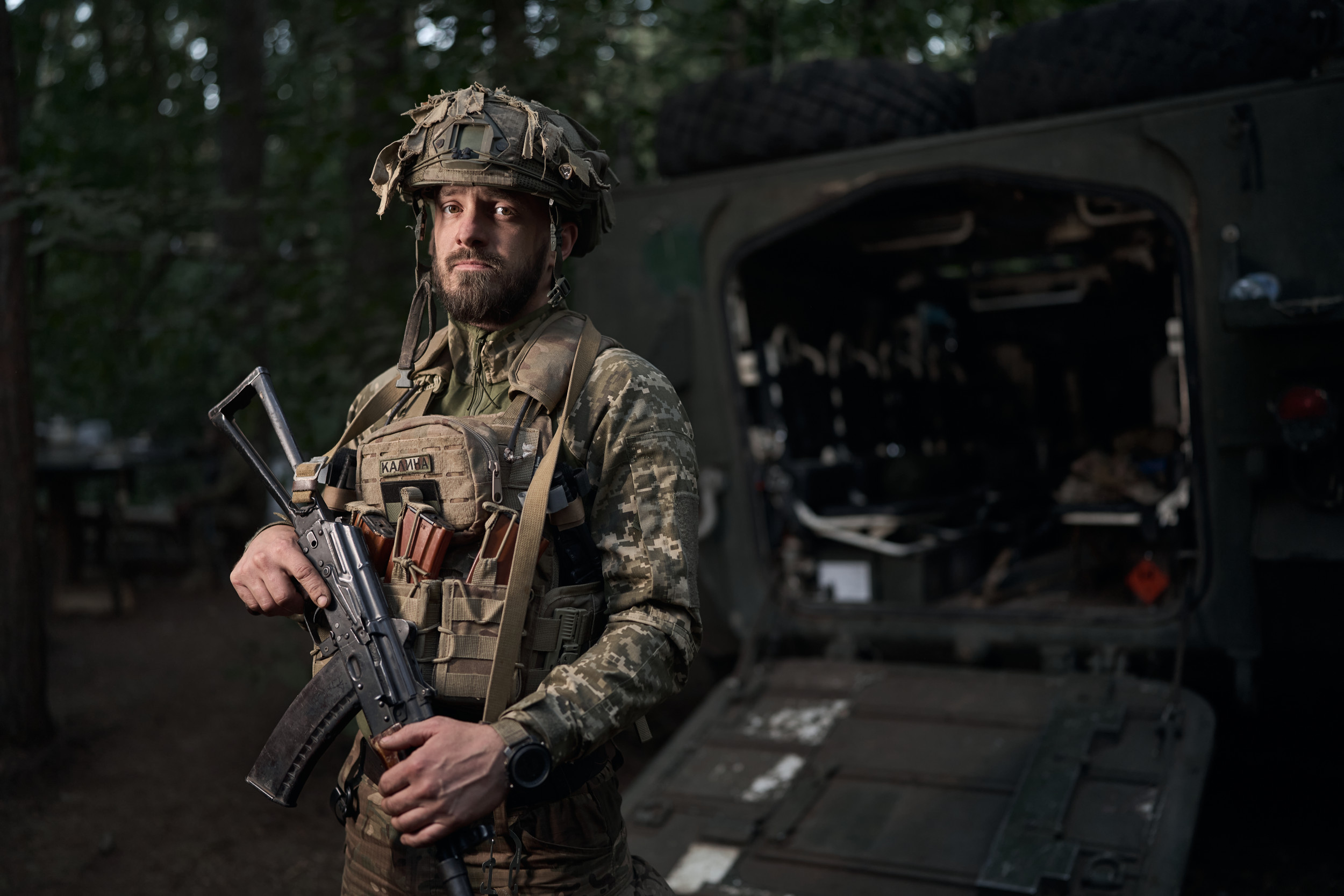
The Three Rivers Festival is headed to bankruptcy court, a journey that ends all hope of staging the festival this year.
Based on experience, board members said recreating the sprawling, nine-day festival isn’t practical any year.
The organization’s board voted 6-to-1 Monday evening to make the filing and work with a bankruptcy attorney on next steps.
“It’s depressing to be the one to do it,” Jason Cowan said afterward of making the motion. “I didn’t want to do it, but we can’t keep putting it off.”
Cowan, who joined the board in September, said the group has discussed bankruptcy as an option multiple times over the last three months.
The festival is struggling with a staggering amount of debt, and board members have no realistic hope of paying it off.
A crowdfunding campaign launched less than two weeks ago in hopes of raising $450,000 in public and sponsorship support fell significantly short of its goal.
As of 6 p.m. Monday, when the board meeting began, the online campaign had raised only $1,250.
Cowan didn’t see any reason to believe the situation would improve and most other board members reluctantly agreed.
“The public has spoken,” he said of the lack of support.
But that vote doesn’t stop other groups from organizing some of the former festival’s individual events.
Board members Justin Meisner, a 27-year festival volunteer, and Sheila Curry-Campbell, Mayor Sharon Tucker’s recent appointment to the body, have agreed to pursue putting on a parade with volunteers.
And Steve Meyer, who attended the public meeting as an observer, said afterward that participants in the flea market at Lawton Park plan to continue the event this year.
“Eighty percent of people who come to our show come whether they go to the festival or not,” he told The Journal Gazette.
Cowan, who twice made the motion for a bankruptcy filing, said he favors a four-day festival that would last from Thursday through Sunday.
Cowan said he has spoken to vendors, volunteers and sponsors who would be willing to support a shortened event. He has access to a stage, sound equipment, security and other resources.
“It can come back as something else,” he said. “There are people who will support it.”
Over a two-week period, Cowan has met with four Fort Wayne City Council members. All of them, he said, want to see the festival’s bank records and a realistic financial plan before committing to support the event.
Cowan’s vision calls for “bringing back old traditions and creating new traditions” at a revamped festival.
He would like to see more participation from local businesses, which could help with promotion. Local musicians could stage a battle of the bands instead of paying to bring in high-priced national performers, Cowan said.
Sara Roach, Three Rivers Festival board’s president, in December began speaking publicly about the “dire” financial straits faced by the city’s signature summer event.
She went public in late January with a plea for donations amounting to $450,000 – enough to pay off existing debt and make the down payments that would have been required to begin planning this year’s event.
It’s unlikely the festival would be able to reorganize as part of the bankruptcy process because it doesn’t have a steady stream of income, Keri Roby advised her fellow board members, citing previous advice from a bankruptcy lawyer.
Tom Hinde, the board’s treasurer and lone dissenting vote, said he wasn’t sure that voluntarily filing for bankruptcy protection would be a better option than having a creditor force the festival into bankruptcy court.
He also expressed concern that if the organization’s current creditors are paid something like 2 cents on the dollar, other vendors won’t want to sell to festival organizers in the future.
The festival collected revenue during its nine days of events each July – except for 2020, the pandemic year when almost all public events were canceled.
The festival relied on robust attendance to generate enough income to break even. But operating losses are inevitable during years when oppressive heat and pouring rain chase away those crowds. That reality places even more pressure on the nonprofit event to offset that loss during fair weather years.
Last year’s festival – the 55th annual – ended with the event $300,000 in debt. Creditors include vendors that provide light towers, forklifts, generators, fireworks, security and electrical work, Roach said.
Several challenges factored into that shortfall.
Robust construction, especially of The Lofts at Headwaters Park, severely limited parking options for the 2024 festival. Attendance was down because some people didn’t want to deal with parking in a field on the other side of the Martin Luther King Jr. bridge.
A portion of the festival’s revenue comes from parking fees, which are $5 per car.
Roach said concert ticket sales also lagged.
Admission to most festival events is free, making the concerts an important source of income. Ticket sales weren’t strong enough to cover the performers’ fees, much less help pay for services such as security and portable restrooms, Roach said.
During the decade beginning Jan. 1, 2011, Fort Wayne’s premiere festival outspent its revenue in seven of 10 years, resulting in a loss of more than half a million dollars during those years, according to federal tax filings that The Journal Gazette reviewed.



